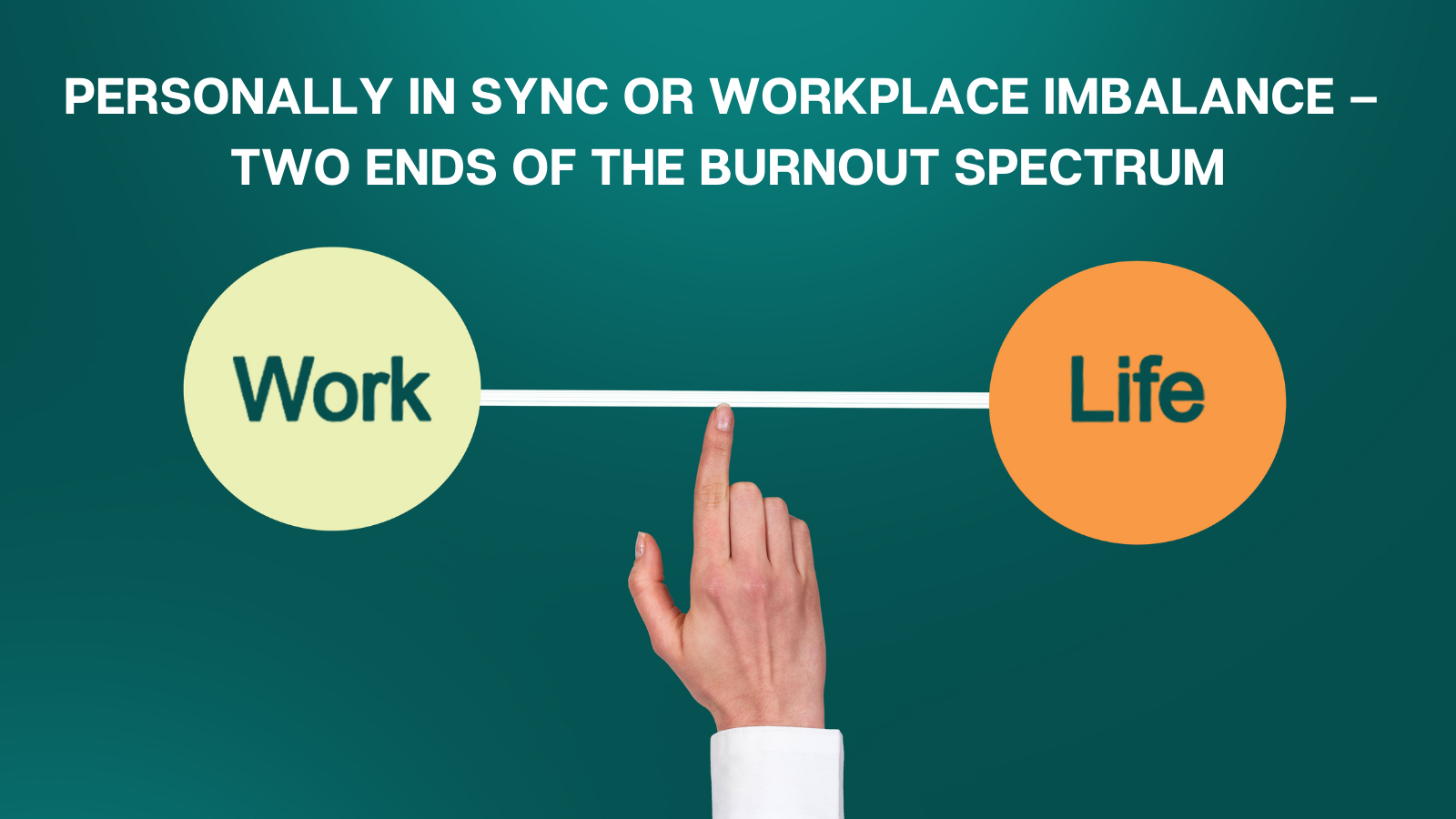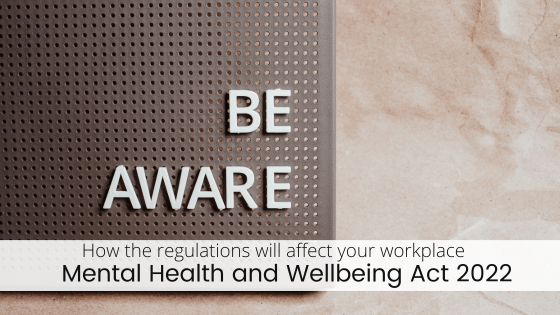Workplace Imbalance: I see people all the time who are suffering from burnout. In our first session we work backwards to identify causes, to look at what has happened and find out what the story is. Generally, the person lacks knowledge and understanding of their values and hasn’t protected them. Not being in sync with values has a huge cost:
- Damage to physical health.
- Lack of time for partners, children and friends, loss of relationships.
- Failing key work expectations.
- No enjoyment of life – some people can’t remember the last time they had fun.
We can always point to the work factors that cause stress and burnout. I call these factors the burnout train. Leiter and Maslach identified six key areas of workplace imbalance that drive up stress and eventual burnout[1].
1: Workload imbalance
Consider the hours you put in to work. Do you regularly work nights or weekends? Are you expected to take on additional shifts so often that you don’t get time for family or fun? Working parents can be driven by wanting to “make up” for time away from family and drive themselves to do everything on top of already long hours.
2: Control
The feeling of not being in control can be caused by conflicting demands and expectations, ad hoc instructions that don’t relate to each other, and contract work without continuity, among others. Situations that create conflict can interfere with your ability to set priorities or commit yourself fully to your work.
3: Reward
When someone perceives that they are getting insufficient reward for the work they are doing, it puts them at risk of burnout. More than just financial reward, it includes job recognition, promotion and social benefits.
4: Community
Community exists in and out of work. It protects and provides needed support to balance the demands and exhaustion of work. Team members who feel supported, experience good communication and have realistic expectations, don’t feel alone in workplace demands.
5: Fairness
We care about fairness in the workplace more than anything else. Consideration for others and other perspectives when making decisions, being fair in expectations and rewards impact everyone. When out of balance, it leads to processes that hurt, neglect or hold people back. Unfairness also causes stress and internal conflict for witnesses.
6: Values
Our values are our road map for decision making. Misalignment between how an organisation acts and our own values elevates our stress and risk of burnout.
Employers and organisations should avoid creating these factors, but we are also individually responsible for not getting on the burnout train. And if we are on it, we are responsible for getting off. Burnout is like heart disease; some of us are more likely to suffer from heart conditions, but we know the life and health strategies to prevent heart health crises.
Here are My Top 3 Tips to Avoid Burnout
1: Know and Protect Your Values
- Know who you are.
- What do you want your story to be when you are 80?
- Create the full list of your values across all areas of your life.
- Identify any values that dominate to the exclusion of the rest.
- Protect your values – look at how your values fit with where you are now. Are you in the right place?
- Learn to be mindful and grounded in the moment. This allows you to answer “are you in the right place?” and “are you managing your thoughts and feelings”?
- Act on your values – respond to situations based on your values and who you want to be, rather than reacting to other people’s issues and expectations.
- Recognise that prevention is better than cure and that prevention relies on you recognising the symptoms of not being in sync with your values.
- Work with a therapist to help you be more in control of your life.
2: Once You Know Your Values, Prioritise Self-Care
- Physically – get check ups, ask about where you are in comparison to “good health” indicators and act on the answer. Book holidays and rest periods, and get enough sleep.
- Emotionally – look after your feelings. Explore them and aim to become more aware. Learn to express how you feel in healthy ways. Talk to friends, or, if expressing your feelings is new, start journaling or talking to a therapist.
- Socially – carve time out for social interactions with family, friends, sport groups. Healthy, positive relationships, that are mutually supportive and filled with trust and honesty, are fundamental to personal wellbeing. Book time in your diary.
- Spiritually – think about your personal beliefs and what is true for you. Where do your beliefs fit in your lifestyle? Perhaps take action on something you care about.
- Intellectually – look for new ways to be intellectually stimulated. Allow yourself to be interested, intrigued and engrossed in all forms of knowledge, problem solving (not work related), new creative pursuits or skills. Being absorbed is like a mental holiday.
- Financially – don’t let money control you. Whatever your income level put aside a bit for self-care. This includes a gym membership, a savings plan or eliminating debt.
- Environmentally – look at your environment. What can you declutter or simplify? Make your spaces a place of joy and refuge
- Occupationally – work gives us meaning, not just what you do but how you do it.
3: Assess Your Job Against the 6 Work Factors That Contribute to Burnout
- Where the burnout train factors exist, tackle each area separately and constructively.
- You CAN say no to excess demand, if that doesn’t work take mini breaks.
- Talk to you supervisor about work expectations, rewards and your future.
- Talk to your HR area about role change.
- Ask to talk to your Employee Assistance Provider, especially if you have recurring health issues, feel conflicted or stressed.
- Talk to you work mates about values and what they see happening but don’t get drawn in to negative talk.
- Apply for other jobs where you have done some research on the organisational values and purpose.
Know your values – go and have an Acceptance Commitment Therapy (ACT) session to be In Sync with your values and avoid Imbalance in the workplace.
[1] Leiter and Maslach, Six Areas of worklife: A model of the organisational context of burnout. Journal of health and human services administration 21(4): 472-89. February 1999
CONTACT US
If you want additional support, ACT Curious can connect you to a behavioral therapist that meets your needs. You can get started today if ACT Curious EAP is offered by your employer.
DISCLAIMER: The content of this blog is not intended to be a substitute for professional medical advice, diagnosis, or treatment.
ABOUT THE AUTHOR
Michelle Trudgen Clinical Director, ACT Curious.
copyright: 6 December 2019






